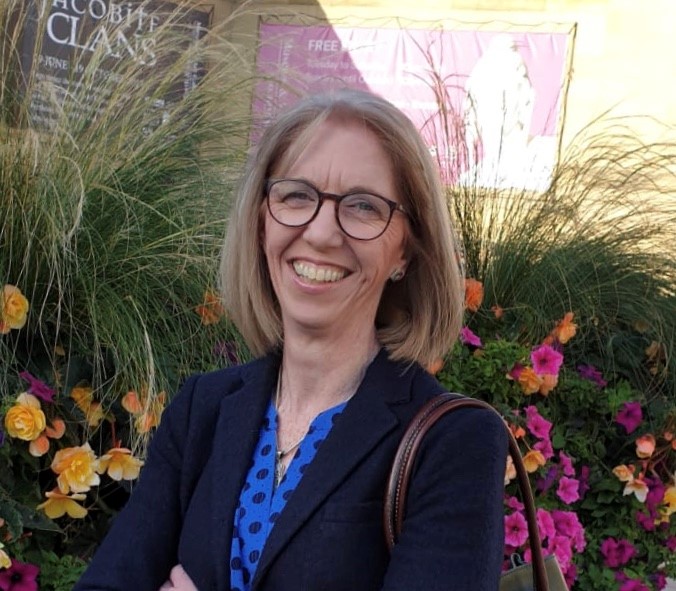Margaret Taylor
Curiosity: The road to greatness!
 I was at a child protection refresher session recently and there was some discussion around ‘professional curiosity’. Obviously, the focus was child protection and the context, having the ability to keep an open mind; not making assumptions or immediately accepting things at face value. Put simply, it is having the ability to think outside the box and I suppose, to some extent, just be more nosey!
I was at a child protection refresher session recently and there was some discussion around ‘professional curiosity’. Obviously, the focus was child protection and the context, having the ability to keep an open mind; not making assumptions or immediately accepting things at face value. Put simply, it is having the ability to think outside the box and I suppose, to some extent, just be more nosey!
Whilst reflecting on the session I started thinking around the concept of curiosity in general and how useful that ability is to me as a sonographer in my day to day scanning.
The Cambridge English dictionary definition of curiosity is to have “an eager wish to know or learn about something”. Now, I don’t know about you but when I am with patients my full focus revolves very much around an eager wish to know or learn about something….my patient and trying to reach a diagnosis. But how do I get to that diagnosis? Is the scan enough and what else do I do to get there?
An ultrasound scan is on some level, arguably, fairly binary. It is ok or it is not ok? After that initial thought process however it starts to become a little more complicated. Why is it not ok? What are the symptoms? What is the clinical context? How long has this been a problem? I can refer back to the detail of the original referral but I generally find out much more information direct from the patient! In the world of imaging I am in a fairly unique position in many respects. I am imaging ‘live’. I am already forming the wording of the report in my head as I scan. I have a huge source of information lying right in front of me; namely the patient. As sonographers are we curious enough? Do we speak to our patients? Do we rate curiosity and is it important to improving our diagnostic acumen and diagnostic goal? Or do we just go through a technical process and shout “next!”?
So MY curiosity has now been prodded and I did a bit of a literature search. In 2011 Dyche and Epstein (1) wrote an interesting paper on curiosity being fundamental to effective health professionals’ education. Whilst reading the paper I was struck by its warning; purely instructional practices of learning facts and technical skills will smother diagnostic curiosity and professional development. This is especially true adding ‘haste’ to the equation when trying to get through our growing workload. This adds to the challenge! If we are going to grow and develop as individuals and as a profession we need to foster that environment of inquisitiveness and thinking outside the box. We need to think about context and situation. We need to speak to our patients. We need to use the opportunities we have to glean all the important information that will lead us to the diagnostic goal. We need to provide an environment of curiosity and through that we will change and develop and become better!
So let us all be curious!
- Dyche L and Epstein RM. Curiosity and medical education. Med.Educ. 2011;45:663-668.





